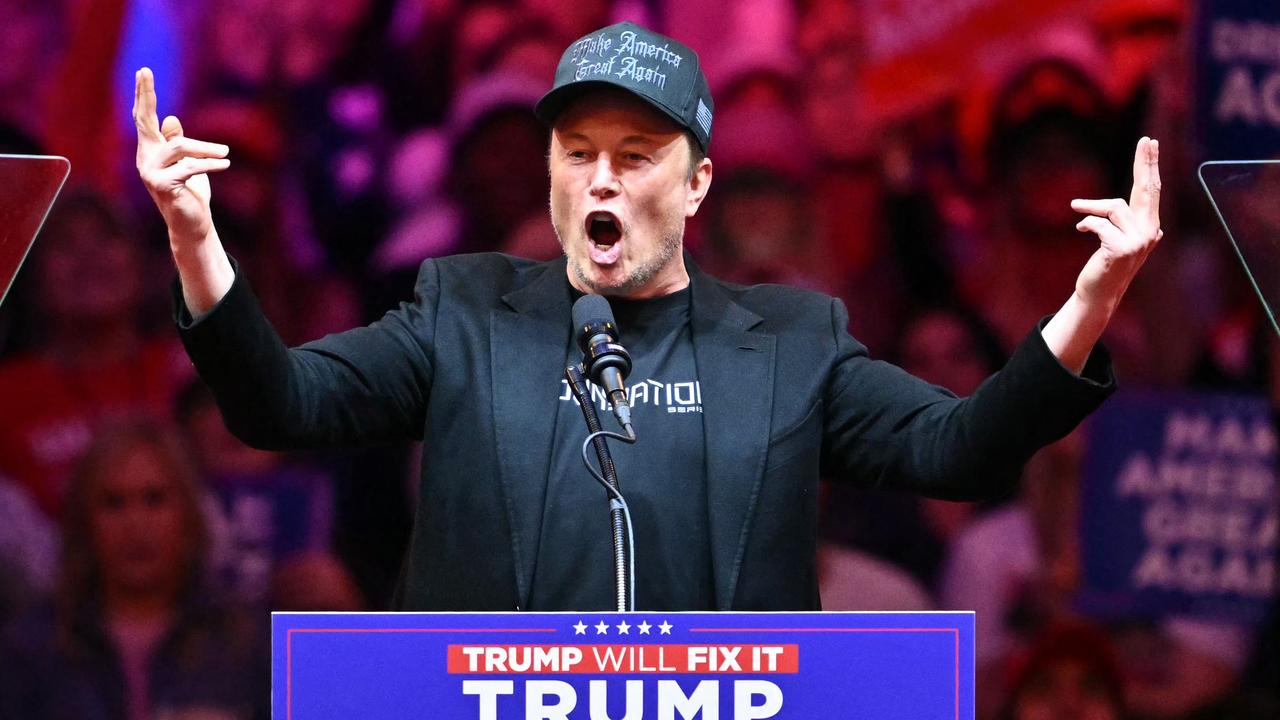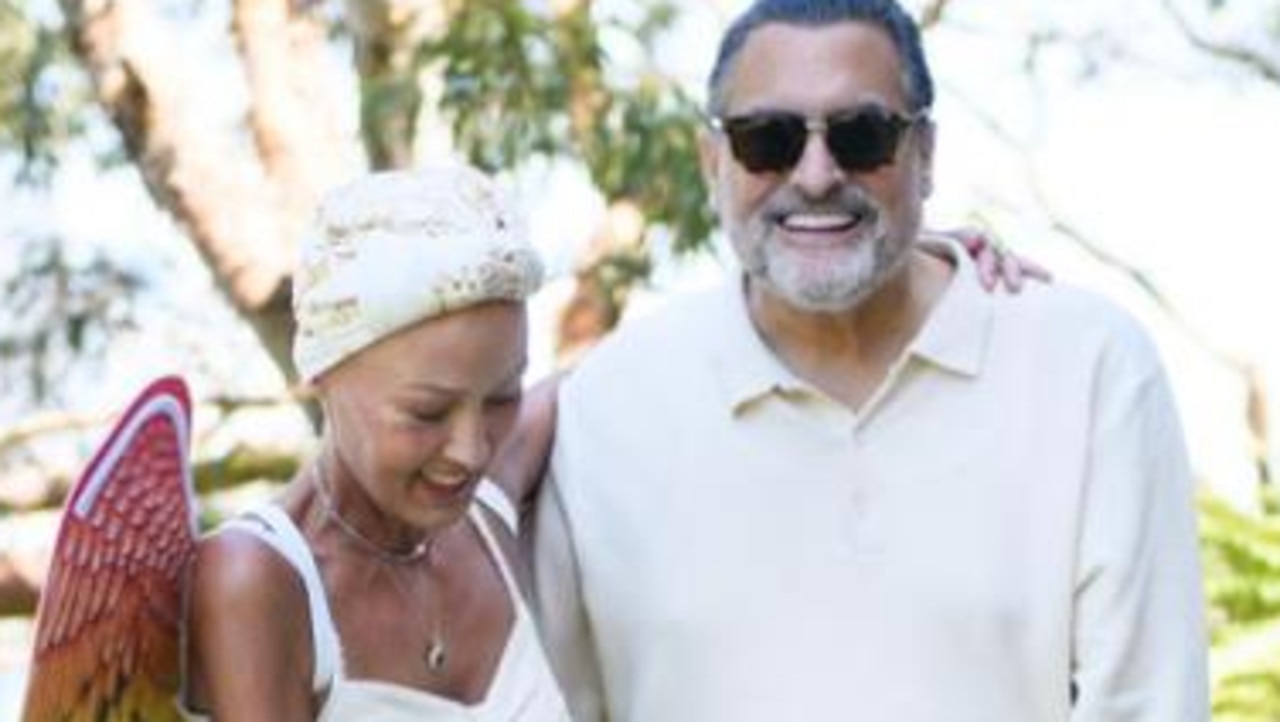Marcia Langton says Voice must make representations to executive government
A key Voice architect has explained why one particular detail is such a crucial part of the proposed constitutional change.
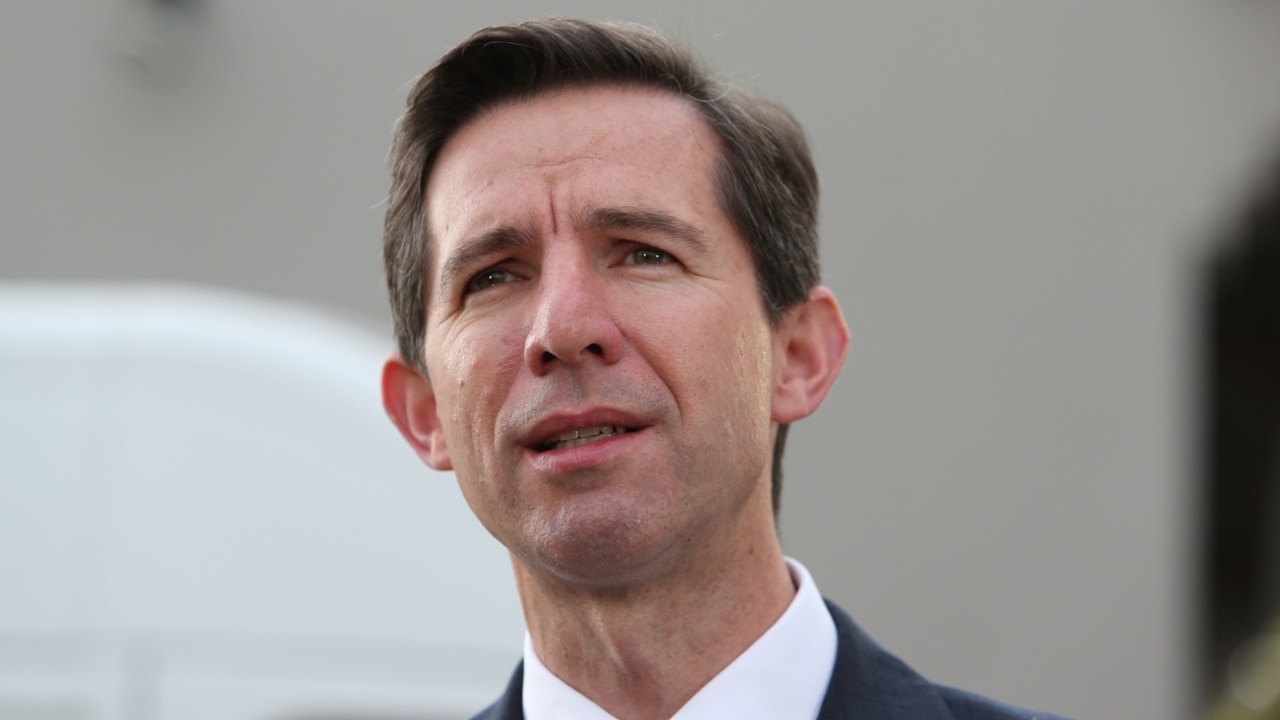
Leaders
Don't miss out on the headlines from Leaders. Followed categories will be added to My News.
The Voice to Parliament must be able to advise the executive government, according to one of the reform’s key architects.
Distinguished professor Marcia Langton was one of the first witnesses called before the joint select committee hearing into the Voice to Parliament referendum on Friday.
The inquiry will seek to determine whether the proposed wording in the government’s Constitutional Alteration Bill is the right way to progress the Voice referendum.
Professor Langton, who alongside professor Tom Calma wrote the oft-quoted Voice co-design proposal, said an Aboriginal and Torres Strait Islander voice would make real differences in the lives of both Indigenous and non-Indigenous Australians.
But she said the Voice needed to be able to make representations to not just Parliament, but also to the executive government – which is a point of contention between academics and politicians alike.
She said it goes to “efficiency and outcomes”, criticising the “fly-in, fly-out” bureaucracy which wasted money on airfares in order to consult with communities that are crying out for real change.
“There’s no system of transparency and accountability, and there’s no monitoring and evaluation of outcomes for the money spent on the ground,” she said.
“This is what people want – because it’s so embarrassing to go to a community, take up more of their time, asking them what they’ve been asked a thousand times before. It’s so inefficient.”
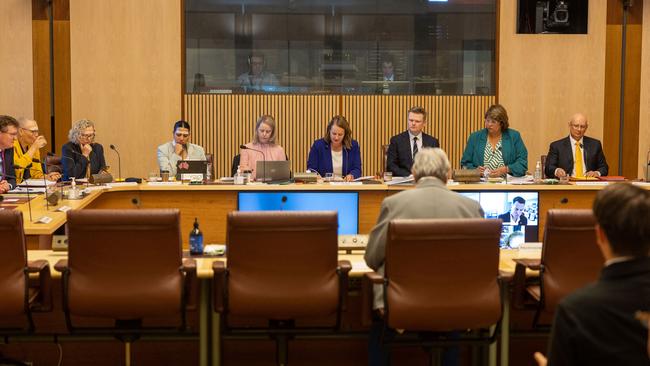
Professor Calma said it was important to be able to work directly with bureaucrats through the executive government to “implement a lot of their programs”.
The sentiment is shared by referendum working group member Thomas Mayo who said the executive government was where “vital decisions are made” regarding the communities.
Professor Greg Craven, who is a Voice supporter but sceptical of the role of executive government, said: “When you put the huge definition of ‘executive government’ with a huge definition of scope, you really are in a position of the Voice potentially being able to make almost any representation on almost any subject”.
He said the Voice as it currently stands risks “judicial activism” and would be “litigated to death”.
“This is not simply about preventing litigation it’s about inviting litigation, it’s about trailing your coat with imprecision knowing you will get litigation. And that’s what’s proposed here. Yes of course it can be litigated but you don’t need to make it so unclear that it will be litigated to death, “ he said.
Constitutional barrister Bret Walker said it was “bizarre” to suggest the inclusion of “executive government” would result in lots of high court cases.
“This is fantastical doomsdaying ... You leave it to the good sense of parliamentarians in parliament without setting down that they shall ... act only in the national spirit,” he said.
Constitutional lawyer Anne Twomey said the high court could was “not in the business of trying to destroy government”.
Why Australians “will support Voice”
Professor Langton said most Australians want to “unburden themselves from the past” and will support the Voice to Parliament.
“The history of Australia has been terrible … for Aboriginal Australians, before federation and since 1901,” she told the inquiry.
“Most Australians are becoming more aware, and they do not want to pass on to their children the terrible feeling of boasting about a nation that’s basically built on removing the Indigenous people and disempowering them.
“Voting for recognition overcomes that with a simple yes vote.”
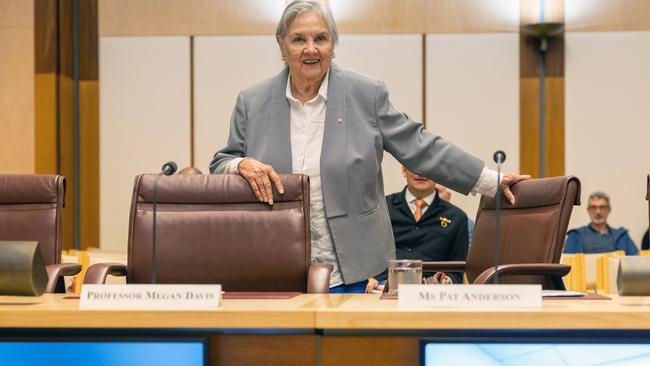
In the process of writing their proposal, both professors consulted widely and they said the overwhelming message from Indigenous people on the ground was they were frustrated by a lack of action from previous governments.
“There is an enormous level of cynicism and pessimism in our communities because of the failures of governments to address urgent problems,” Professor Langton said.
“Housing came up repeatedly, as did the incarceration of adults and youth, removal of children from communities.
“We went into communities where the situation was so dire; the feelings that people have that governments have failed them is evident.”
Professor Calma said only a constitutionally enshrined national voice – not just legislated local and regional voices, as is being proposed by Opposition Leader Peter Dutton – would give the Voice endurance.
“If the government of the day doesn’t want to play ball, then it’s up to the other politicians of the day to hold them to account,” he said.
“Not a Canberra Voice”
Earlier, Professor Megan Davis – a key architect of the Uluru Statement from the Heart, which called for a Voice, labelled Mr Dutton’s reference to a “Canberra Voice” as “unfortunate” and inaccurate.
“What they asked for was a voice to Canberra, not a Canberra voice,” she said.
“(People) want to live in their communities and serve their mob and their families, and they are extraordinary men and women.
“So the ‘Canberra voice’ is just a term that’s deployed to imply that our people want to be politicians in Canberra, when nothing could be further from the truth.”
Her co-architect Pat Anderson AO said the pair had spent “years” consulting in the lead-up to the Uluru Statement from the Heart.
“This process is unprecedented in this nation’s history,” Ms Anderson said.
“This is the most proportionately significant consultation process that has ever been undertaken with First Peoples. We didn’t dream it up. This is your process over nearly 12 years.”
Originally published as Marcia Langton says Voice must make representations to executive government

